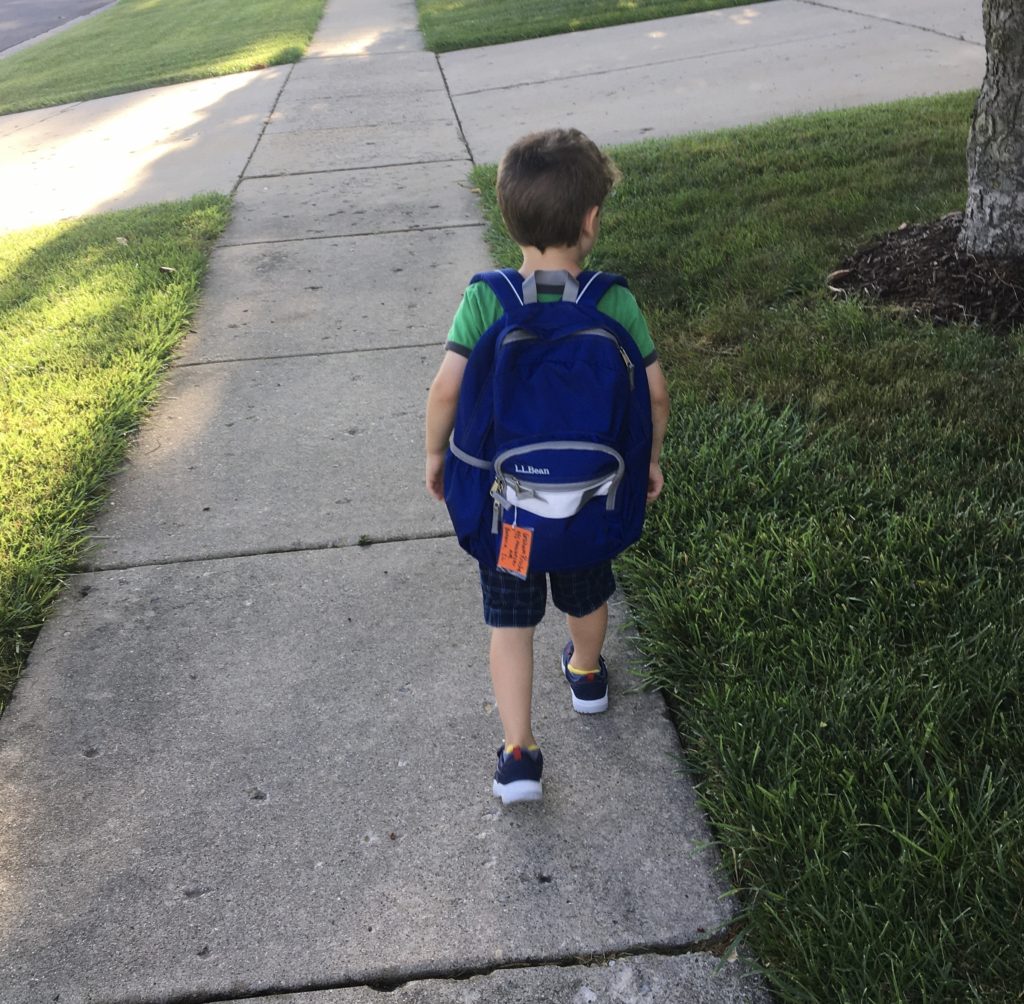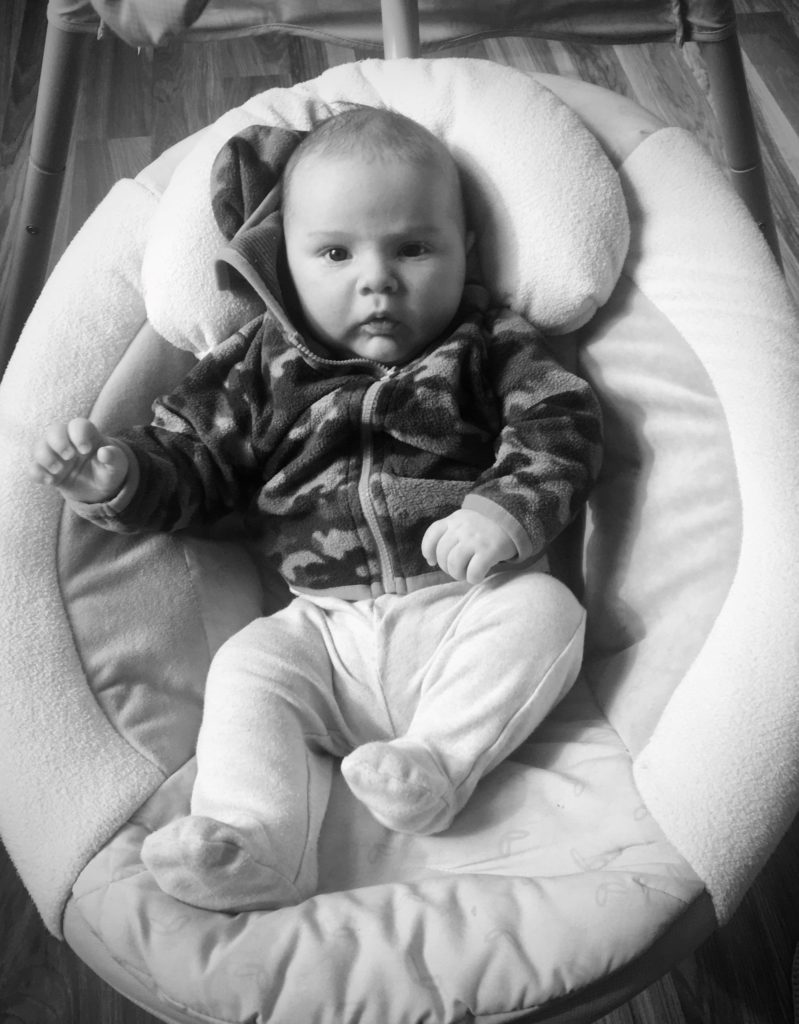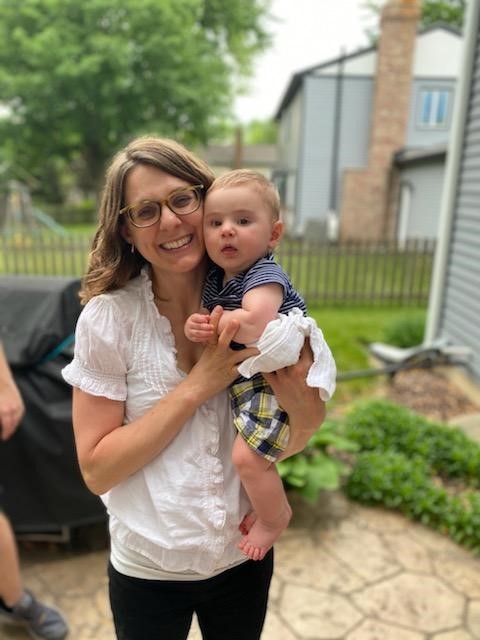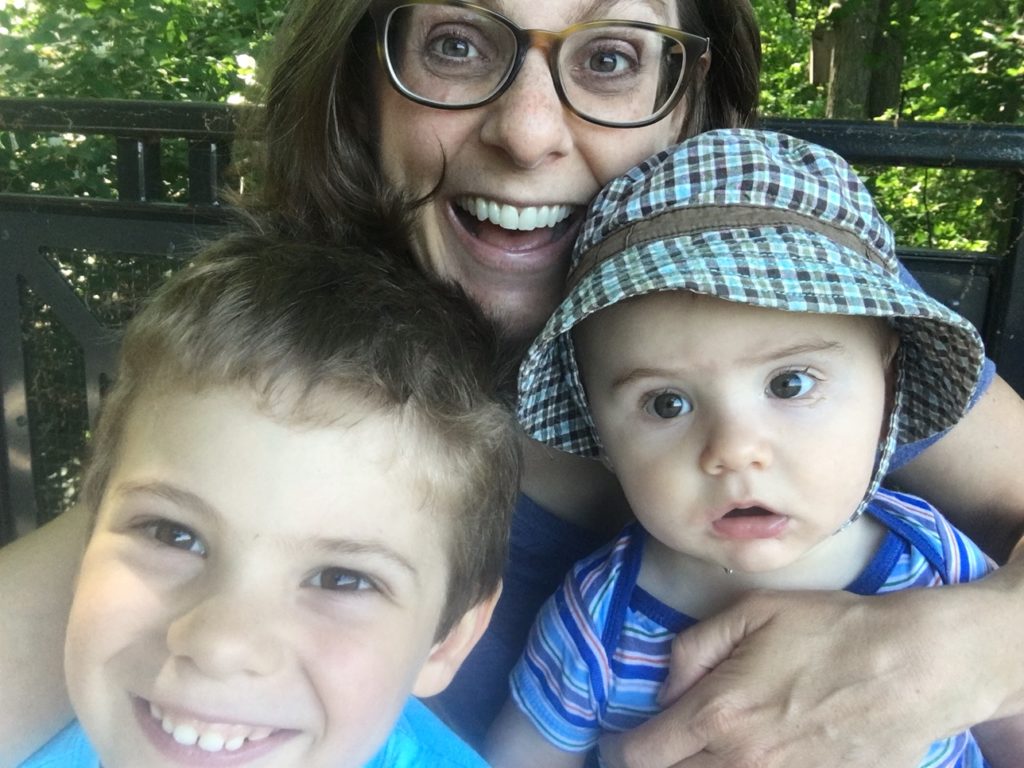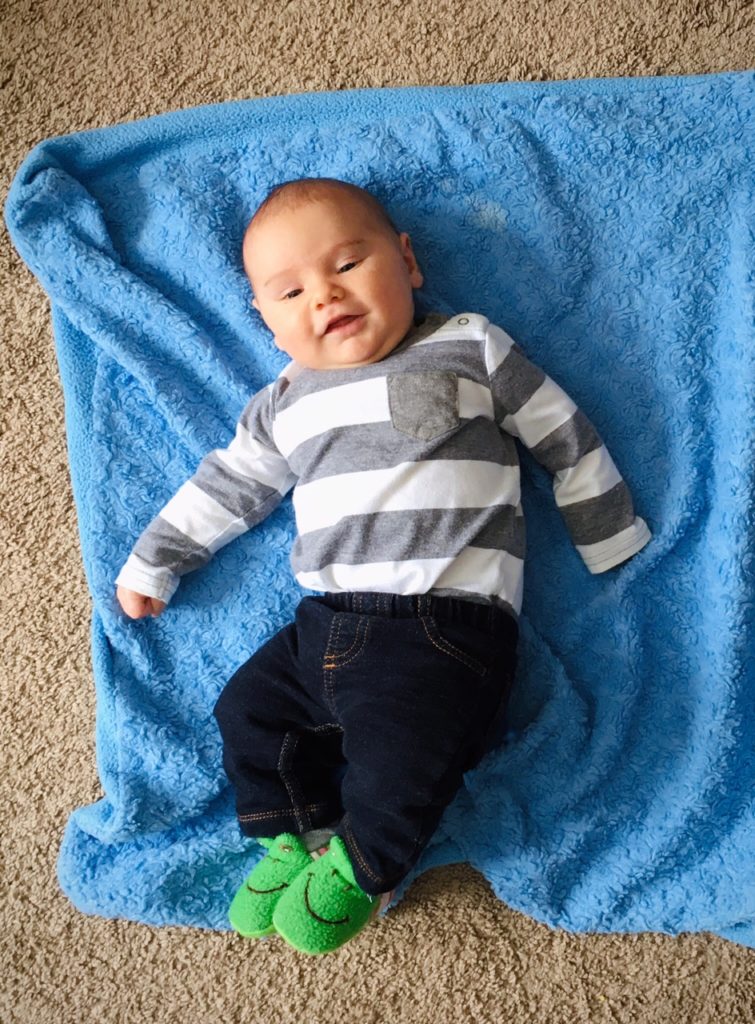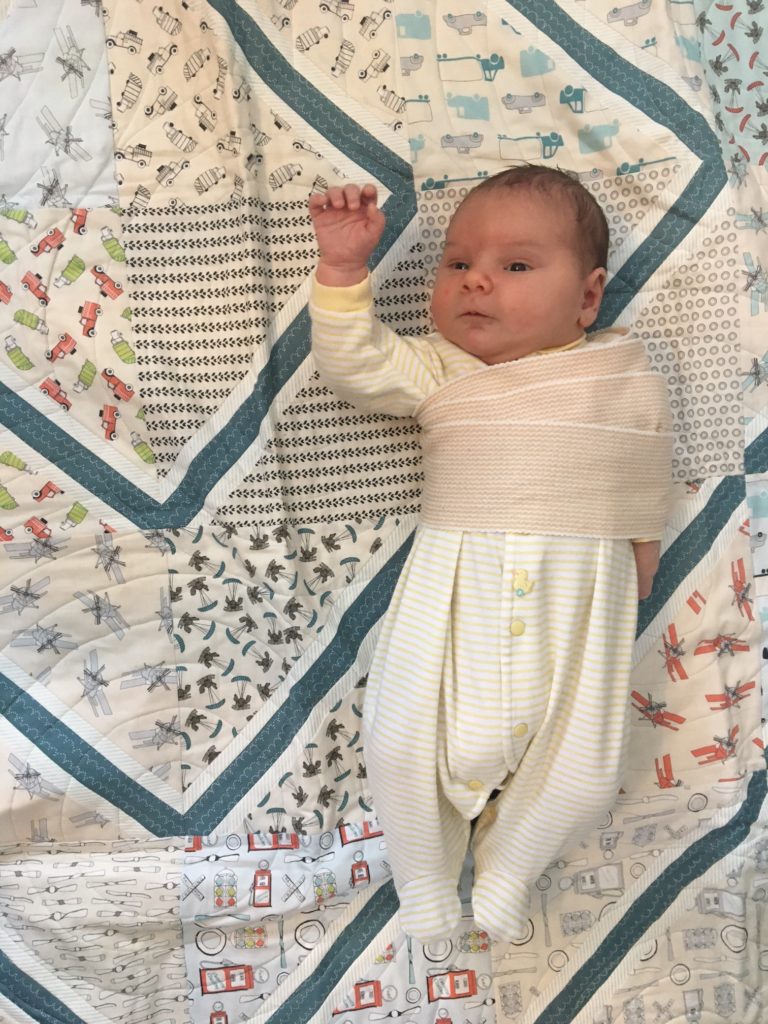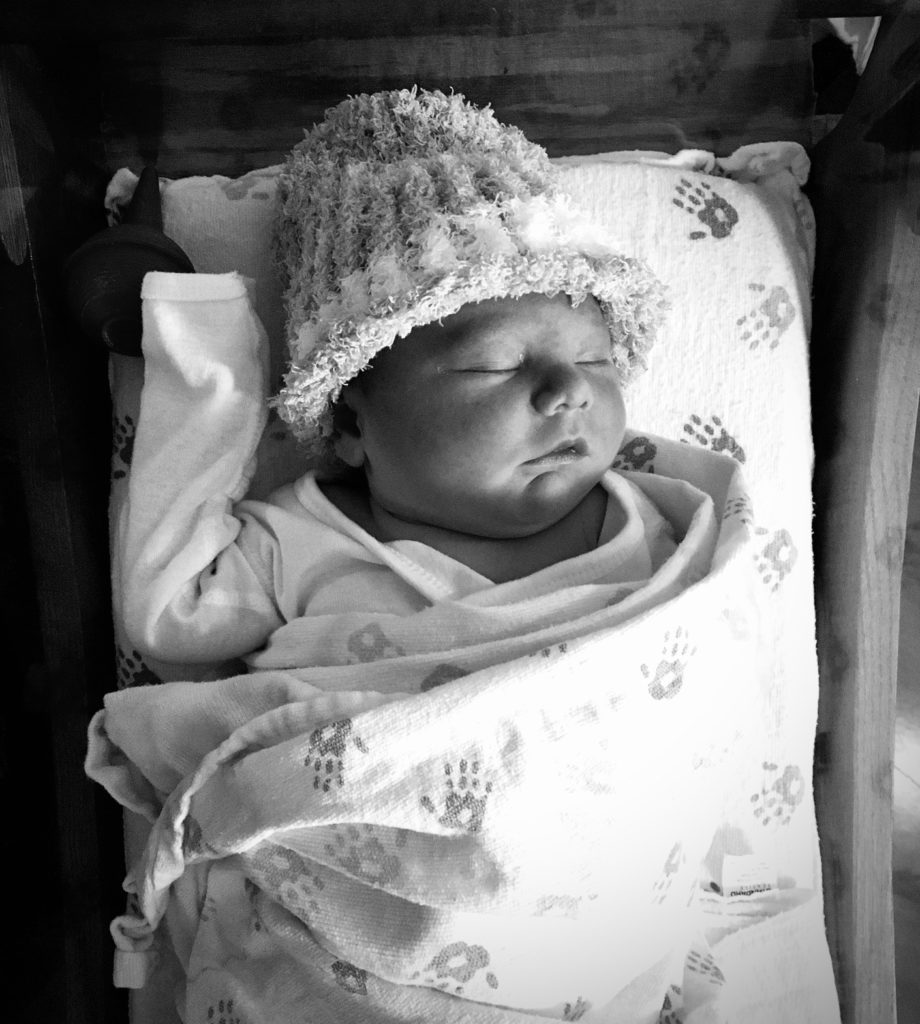Dear Graham,
I dropped you off for your first day of preschool this morning. When I caught a glimpse of your profile, with your little blue backpack perched on your shoulders and your head with its cowlicky curls (combed, for once), my stomach did one of those renegade back flips.
You’ll only be gone a couple of hours, I know. But as I watched you march toward your own adventures, apart from me, I felt like I was standing at the top of a huge sledding hill. Once we start, gravity and velocity will inevitably take hold, and there will be no turning back, no slowing down. As I waved goodbye, your future flashed before my eyes—your first overnight away from home, your first solo drive, your first day of college. And me waving from the driveway, quelling the back flips in my stomach.
In the four years I’ve been your mama, I’ve been learning something about the mysterious tether that connects me to you. When you were an infant, you were tied to me by a literal cord; you went everywhere I went. When you were a newborn, you were, in a real sense, tied to my breast. As you grew, the tether extended to the carrier I strapped you in when we went on walks and made dinner together.
These days you still like to hold my hand, but I’m all too aware that this connection may be mere blinks from extinction. Already you are straining for microfreedoms. Already you are faster than I am. Already you aspire to go places I cannot go.
I am tempted to make grand promises as you step into your world apart from me:
I will protect you.
I will keep you safe.
I will fight off any would-be bullies.
I will make sure you have someone to play with.
I will always be there for you.
But of course I can’t promise those things. I can’t always be with you—and I shouldn’t.
And then I remember there is a better promise.
“Hold out your hand,” I say to you, my brown-eyed boy. And one by one, I take your fingers, reminding you of the One who will never leave you: I. Am. Always. With. You.
I am always with you; you hold me by my right hand.
Psalm 73:23
I (thumb)
am (pointer finger)
always (middle finger)
with (ring finger)
you (pinkie)
It is a promise you can hold in your hand, even after I’m gone. A tether that can never be broken.
As I head home, my vision blurry, I carry the promise in my hand too, my own umbilical cord: I. Am. Always. With. You.
You are braver than you believe, stronger than you seem, and smarter than you think. But the most important thing is, even if we’re apart . . . I’ll always be with you.
Christopher Robin to Winnie the Pooh (A. A. Milne)

